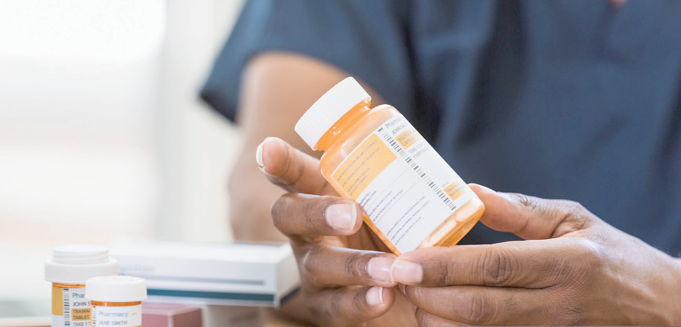Antidepression drugs are used to treat depression, anxiety and some addictions.
They work by levelling out the levels of serotonin (a chemical that carries messages between nerve cells in the brain and throughout your body) in the body so that the patient does not feel the blunt of the anxiety or stress that they are going through.
Nailantei Norari compiles some revelations about these drugs you might not have heard about.
1. Take weeks to be effective
While many believe that antidepressants work immediately, the truth of the matter is that they have to build up in the body for a week or two in order for them to be effective.
This is the reason most depressed people are put on a cocktail of antidepressants in the initial stages and the antidepressants slowly withdrawn as symptoms become less severe.
2. Make you more like yourself
Many people fear antidepressants as they argue that they will make somebody a zombie or a shell of their former self. While antidepressants have numerous side effects, this should not be one.
In case of emotional blunting, where personal reaction to information whether sad or happy is slowed down, one should consult their psychologist, so that they can change the antidepressant.
In cases of decreased productiveness and increased drowsiness, one should also seek medical intervention in order to get antidepressants and a dosage that allows for a normal life.
3. Takes time to get the right one
Just like with contraceptives, it takes time to get the right antidepressant. What may have worked for a friend or a relative may not work for you.
It is, therefore, important to have a psychologist whom you regularly touch base with in order to address any unwanted side effects immediately you notice them.
It is also important to live with a friend or family, at least when you start the antidepressants, as someone else might pick up on mood changes and changes in daily patterns that the patient may not be able to.
4. Reduce sex drive
While depression can cause low libido, antidepressants can exacerbate issues by further lowering a person’s sex drive whether they are male or female.
The most common antidepressants work by inhibiting serotonin (a hormone) reuptake by nerves. When this process is inhibited during sex or before sex, there is decreased response thereby leading to lower sex drives or none at all.
The sex drive should return to normal once the patient is off the antidepressants. If the patient is on antidepressants for life, the psychologist can help by reducing the dosage or prescribing drugs that might revamp the sex drive.
5. Can be taken while pregnant
While most gynaecologists propose that pregnant and nursing women should take minimal drugs, some antidepressants are safe for these women. Women can take antidepressants and still nurse and carry pregnancies to term.
Psychologists weigh the risk of not taking antidepressants against the mental health of the mother and the health of the baby and advise accordingly.
They can change someone’s antidepressants instead of completely withdrawing them in cases of high-risk patients.
6. Leads to weight gain
Antidepressants interfere with serotonin, a neurotransmitter that regulates anxiety and mood while also controlling appetite. Changes in serotonin levels may increase cravings for carbohydrate-rich foods, such as bread, pasta, and desserts as well as slow down metabolism.
One can manage the weight by changing to a healthier diet and incorporating more intense exercises into their routine.
7. The alcohol debate
It is important to start by noting that alcohol can make depression worse. Moreover, some antidepressants can react negatively with alcohol.
It is, therefore, important to consult your psychologist if you plan on imbibing. Light or moderate drinking is allowed for patients on some drugs in the selective serotonin inhibitor group.
8. Missing a dose is not catastrophic
Most antidepressants have a half-life of more than 17 hours. This means that it takes several days to get the drug completely out of the body.
It is, therefore, safe to not take a dose if you remember it 12 hours or less to the next dose. Just wait till the next dose and take just the recommended daily dosage. Do not take double dosage to compensate for the missed dose.
9. Should not be withdrawn suddenly
Quitting antidepressants cold turkey may cause adverse effects such as headaches, insomnia, dizziness or in extreme cases a relapse of depression, psychosis or the disease that was being treated.
One should, therefore, not quit antidepressants suddenly or without consulting a psychologist. One should taper off the drug all while engaging a qualified physician.
10. Has withdrawal symptoms
Getting off antidepressants has a myriad of withdrawal symptoms, which include nausea, irritability, dizziness, insomnia, achy muscles and fatigue.
These symptoms occur 48 hours after complete cessation of antidepressants. If the symptoms are unbearable, you can seek medical counsel to prescribe something to manage the symptoms or to hospitalise you and check up on you.



